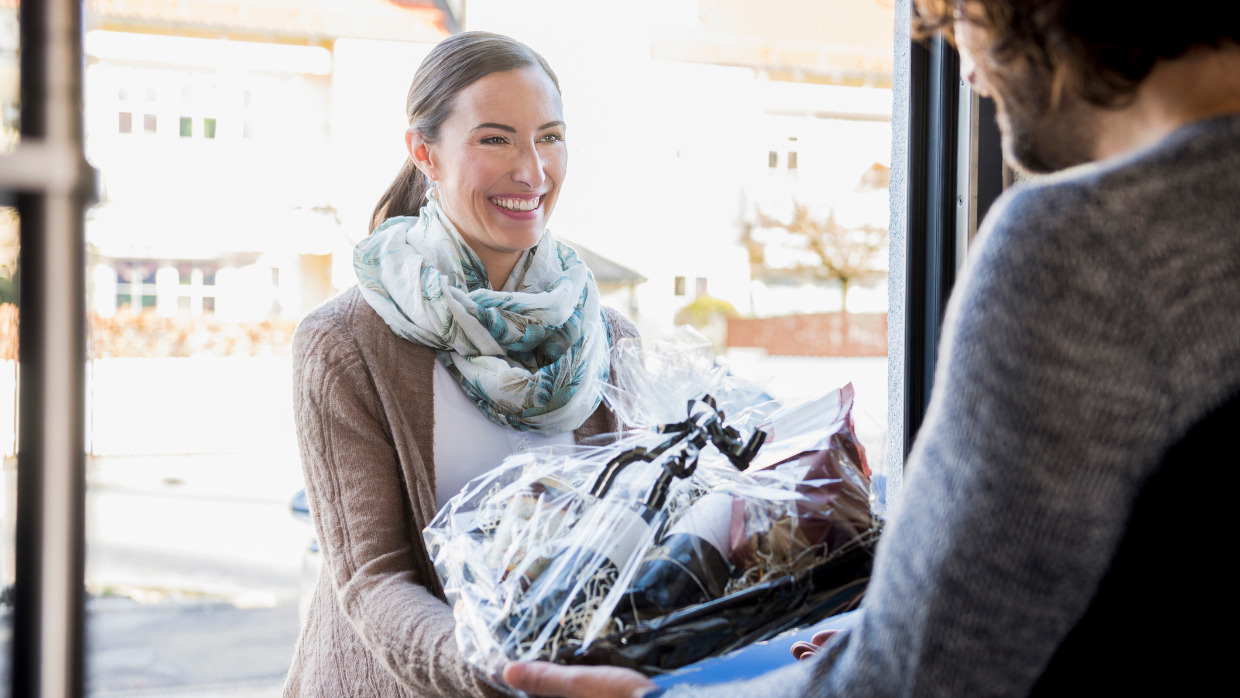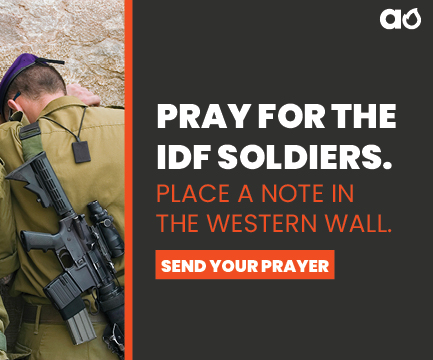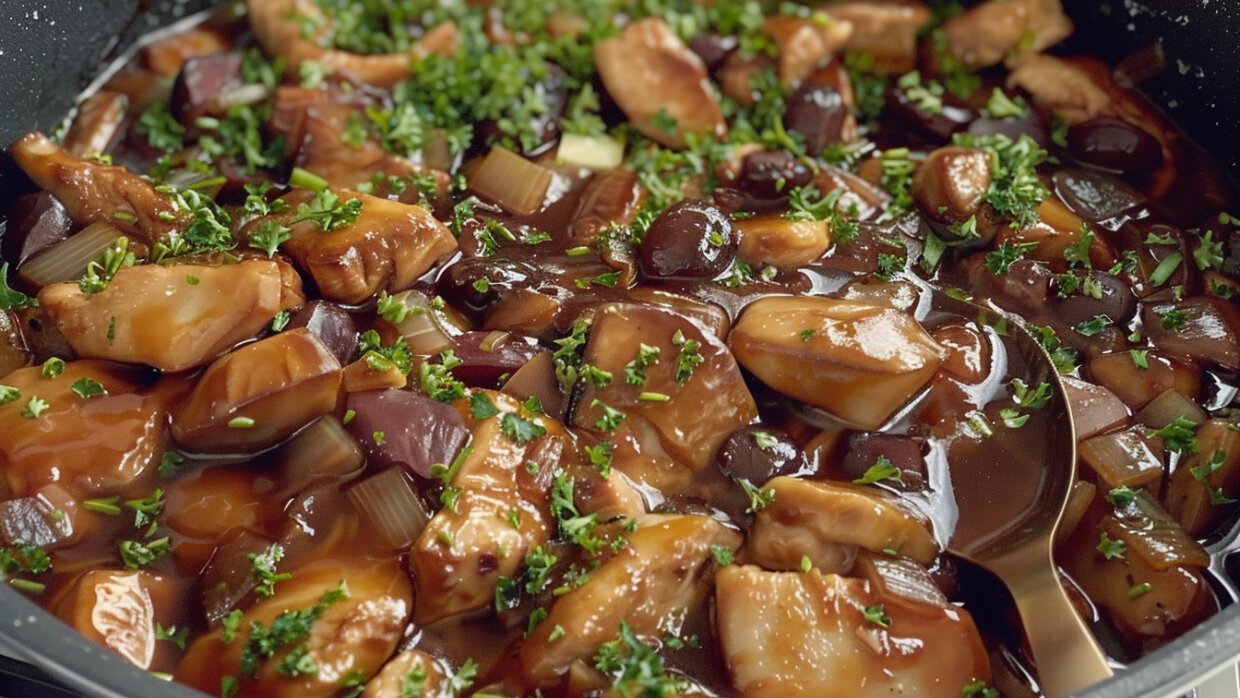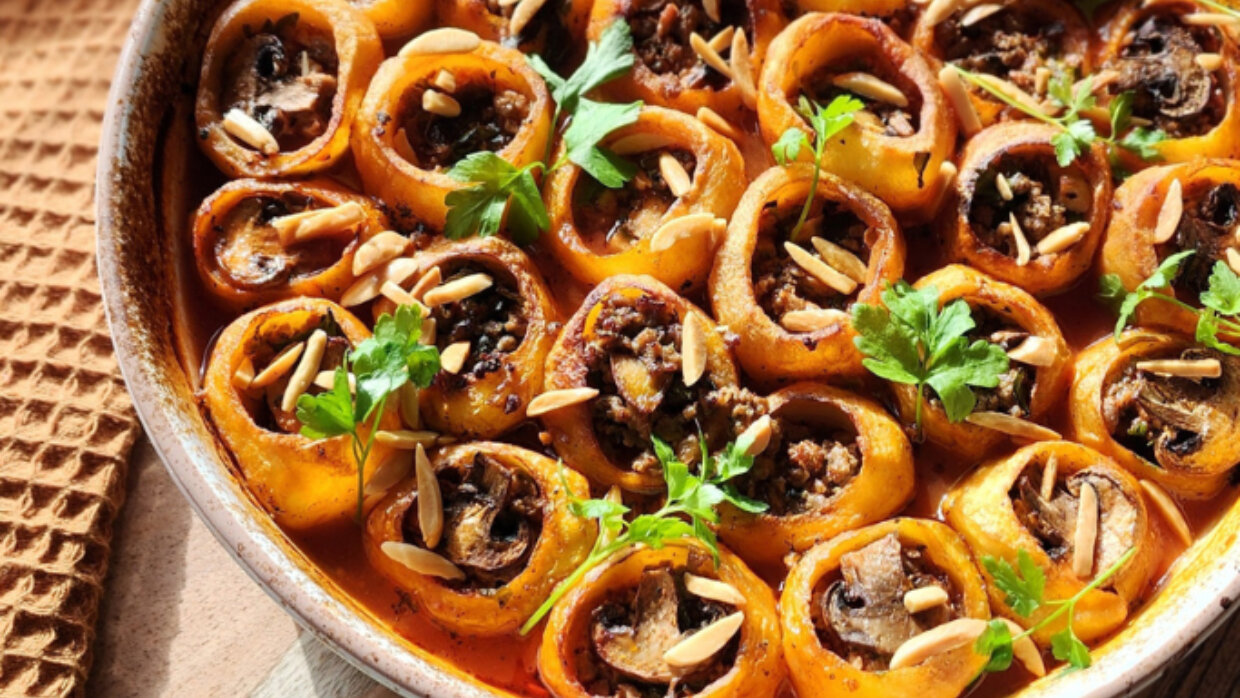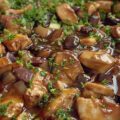Every year in Israel, months in advance of the holiday of Purim, the festive atmosphere can be felt in every street and home. The stores start to fill up with boxes of different flavors of hamantaschen, children and teenagers brainstorm costume ideas, and Hassidic Jews flock to the streets to put on dance parties.
Purim, the Jewish holiday celebrated on the 14th day of Adar, is one of the most exciting holidays in the Jewish calendar. It's a time of joy, costumes, and indulgence. One of the highlights of Purim is Mishloach Manot, a tradition that involves sending baskets of food to friends and family.
The history of Mishloach Manot can be traced back to the Book of Esther, which is read annually during the Purim service and tells the story of how the Jews were saved from annihilation in ancient Persia. According to the story, Haman, an advisor to the Persian king, plotted to exterminate all the Jews in the kingdom. But Queen Esther and her uncle Mordechai foiled Haman's plan, and the Jews lived to see another day.
To commemorate this miraculous event, the Jews established the holiday of Purim and enacted several traditions, including the reading of the Megillah (the story of Esther), the giving of charity to the poor (matanot l'evyonim), and the exchange of food gifts (Mishloach Manot).
Now, let's talk about Mishloach Manot. It's the perfect excuse to indulge in all sorts of delicious treats, and it's also a beautiful way to show your friends and family that you care about them. Plus, who doesn't love receiving a surprise food basket in the mail?
Why Mishloach Manot?
According to one opinion, the mitzvah (commandment) of Mishloach Manot serves to counterbalance Haman's accusations. Haman accused the Jews of being a "scattered and fragmented nation." Thus, the Jewish people give presents to one another to demonstrate that they are not separated but rather unified. Mishloach Manot offer peace and harmony to a sometimes controversial and broken Jewish community.
Another interpretation is that we give gift baskets so everyone can eat a proper, festive meal on Purim. In other words, the mitzvah intends to ensure that rich and poor alike are provided for at the Purim meal.
Others believe that the mitzvah of Mishloach Manot derives from the other Purim mitzvah of giving gifts to the poor. To avoid the poor feeling ashamed that they did not have enough money to provide for the Purim meal, the rabbis decreed that "not only the poor, but all people should send and receive gifts on the holiday of Purim."
The Power of Giving
Rebbe Nachman, an important Jewish leader and thinker from the 19th century, coined the idea that it's a commandment to be happy. Not just on Purim but all the time. The question that begs to be asked is how can we possibly hope to be joyous and jubilant wherever we are?
Purim seeks to give us one answer to this conundrum. By giving, we get.
One of the main themes of the holiday is being happy. We drink wine to be happy, we dress up and eat hearty meals to be joyous. But what happiness do we get from giving?
A 2010 study found “people experienced happier moods, when they gave more money away—but only if they had a choice about how much to give.” In a nutshell, giving to charity makes us happier; especially when we freely choose to give.
In another social experiment done in 2008. They told half the people to spend the money on themselves and the other half to spend it on someone else. That evening, those who had spent the money on others said they felt much happier throughout the day than those who had spent it on themselves.
Purim is about giving to others without the expectation to get anything in return. Mishloach Manot teaches us that to be happy on the happiest day of the year isn't about getting black-out drunk or gorging ourselves with chocolate hamantaschen. Instead the secret of being happy is giving to others.
Purim: A Time To Open Our Hearts
But Mishloach Manot isn't just about the food. It's also about the thought and effort that goes into putting together the baskets. It's about bringing people together, bridging the gap that normal society dictates we follow. Gifts aren't just reserved for birthdays or anniversaries, giving is a crucial element of Judaism, and by showing others we care about them, we bring the Jewish people closer together.
Purim is a time to indulge in delicious treats, show your loved ones that you care, and flex your creative muscles. So go ahead and put together a basket (or two or three) for your friends and family. Trust me, they'll appreciate it – and who knows, maybe you'll even get a basket that's themed around your favorite TV show in return.





